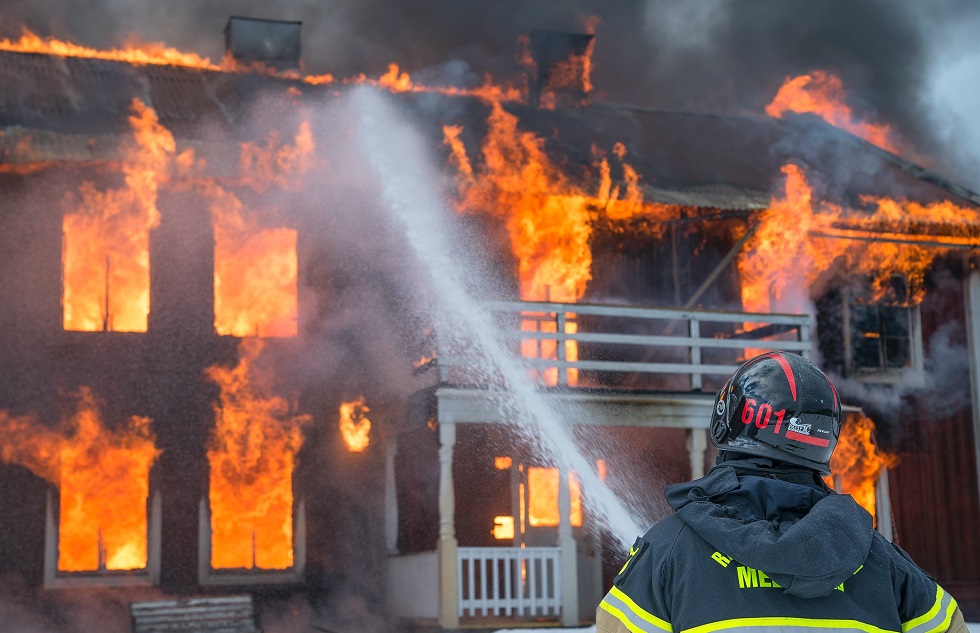Having a house fire is a devastating event. In addition to all of the damage that the fire caused, the smoke and water used to put out the fire caused even more damage to your home and personal belongings. Sadly, making a fire damage insurance claim can add to the frustration.
Things To Know About Your Insurance Claim For Fire Damage
Once the chaos of the fire is over, the next thing you will have to do is make a fire insurance claim. Dealing with homeowners insurance after fire loss can be a long and frustrating process if not managed correctly. We suggest that you use some of these tips to help with the fire claim.
1. Notify The Insurance Company immediately
It may not be the first thing on your mind after a fire to call the insurance company, but it is crucial to call them as soon as possible. The sooner that you get the process started, the faster you can start putting your life back together. The company will then schedule an adjuster to come to your home.
2. Get A Camera and Notepad
The first thing that you want to do is be prepared to record all of the personal items that you lost in the fire. It helps to have a notepad handy and a camera so that you can document everything as you sort through the mess.
If you are bagging the stuff up to be thrown away, you are advised to stack these items up so the insurance adjuster can physically see the items if there is a question. You can throw them away at a later time. Of course, if it is perishable items, just take the photos and throw out the items.
3. Secure Your Property
Your house fire insurance can be affected if you do not secure the property from further damage. The company can state that a lot of the damage happened after the fire because it was not protected. This way, they can reduce the value of your claim.
4. Document Everything
When you are making a total loss fire claim, you want to make sure that you document everything and save all of your receipts. Even if the house is not a total loss, you need to document everything, including the costs associated with you living somewhere else while your home is being repaired or replaced.
5. Don’t Settle Quickly With The Insurance Company
Insurance companies will try to push for a fast settlement. This is not in your best interest. Make sure that you know the true extent of the damages and your losses before you agree to a settlement.
How To Deal With Insurance Adjuster After A House Fire
The most important thing to remember when you are making a fire claim or a smoke damage insurance claim is to document everything.
In addition to documenting your losses and expenses, you will also want to document who you spoke to about your claim, when you spoke with them, and what was talked about. Document when you provide information or any other items to the insurance company. Document dates you receive any letters from them. For the best possible outcome, you want to have a detailed paper trail of the entire claim.
Work With An Insurance Claims Attorney For The Best Results
It may be in your best interest to work with an insurance claims attorney when you are making a fire damage claim. We can provide you with many fire insurance claims examples that we have been able to achieve for our clients. Sometimes it is just better to let an attorney manage an insurance claim situation.
You have already experienced a major loss. Your life has been turned inside out. It is easy to understand how the insurance company can convince you to take a settlement that is valued much less than what you have actually lost.
Let someone who is experienced with homeowners insurance fire claims represent your case. This will allow you to focus on the more important things right now, like rebuilding your life.
If you suffered fire damage and need help with an insurance claim, contact the property damage attorneys at Landau Law today for a free case consultation. Contact us today!
Florida Property Damage Lawyers
Property Damage Blog Posts

What Is Property Damage Liability Insurance (PDL) in Florida
As drivers, we all hope to never be involved in a car accident. However, accidents can happen to anyone, even the most cautious drivers. If you cause an accident, you will be held responsible for any property damage or injuries that occur. This is where property...
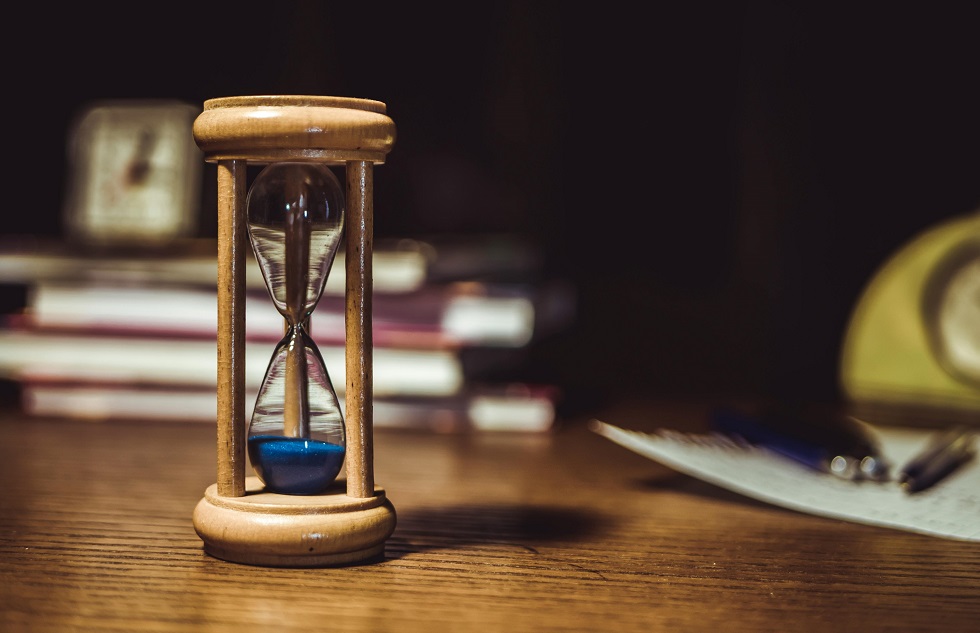
How Long Does an Insurance Company Have to Settle a Hurricane Claim in Florida?
When it comes to hurricane damage in Florida, insurance claims are a common occurrence. However, many people are left wondering how long it takes for an insurance company to settle a hurricane claim. The answer to this question is not always straightforward, as it can...
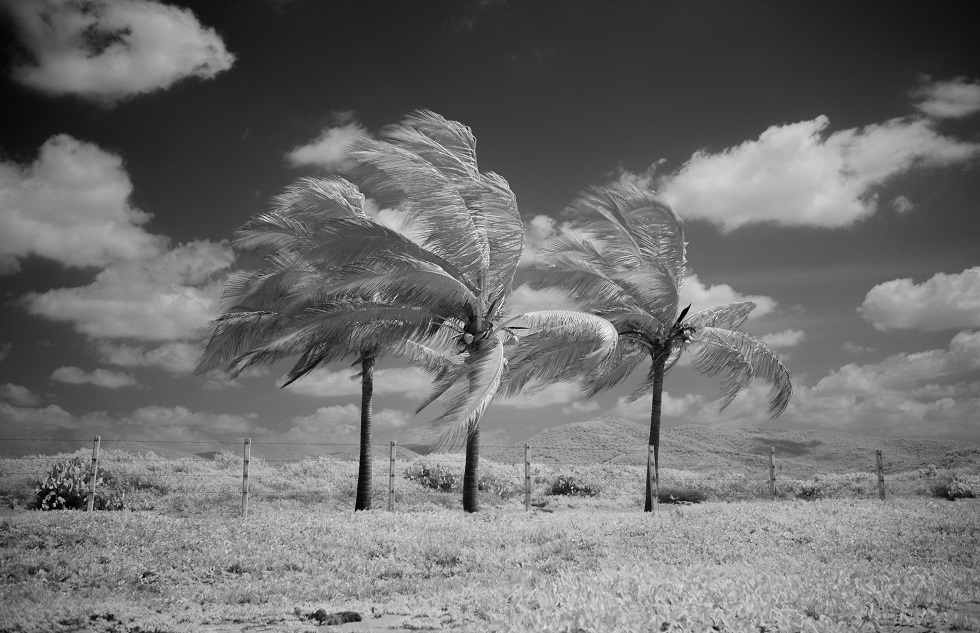
How to File a Hurricane Insurance Claim in Florida
Filing an insurance claim after a hurricane can be a daunting task, especially if you're a Florida resident. With the increasing frequency of hurricanes in Florida, homeowners need to know how to file a hurricane insurance claim effectively. In this blog post, we will...
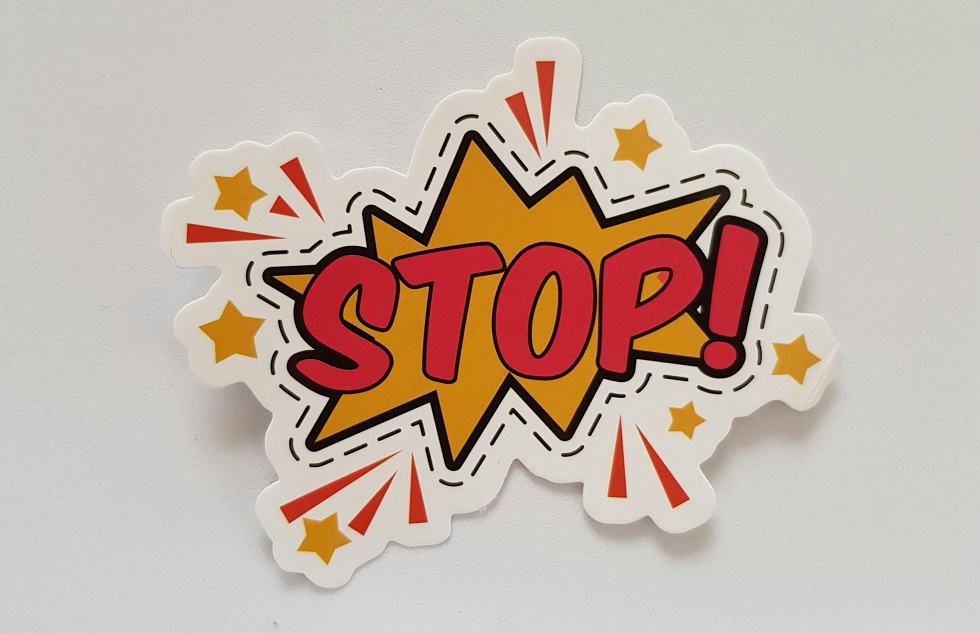
Can You Cancel An Insurance Claim?
Canceling a Home Insurance Claim: Impact on Future Premiums As a Florida homeowner’s insurance policyholder, filing a property damage claim can be a stressful and time-consuming process. However, circumstances may arise where you need to cancel your claim. The...
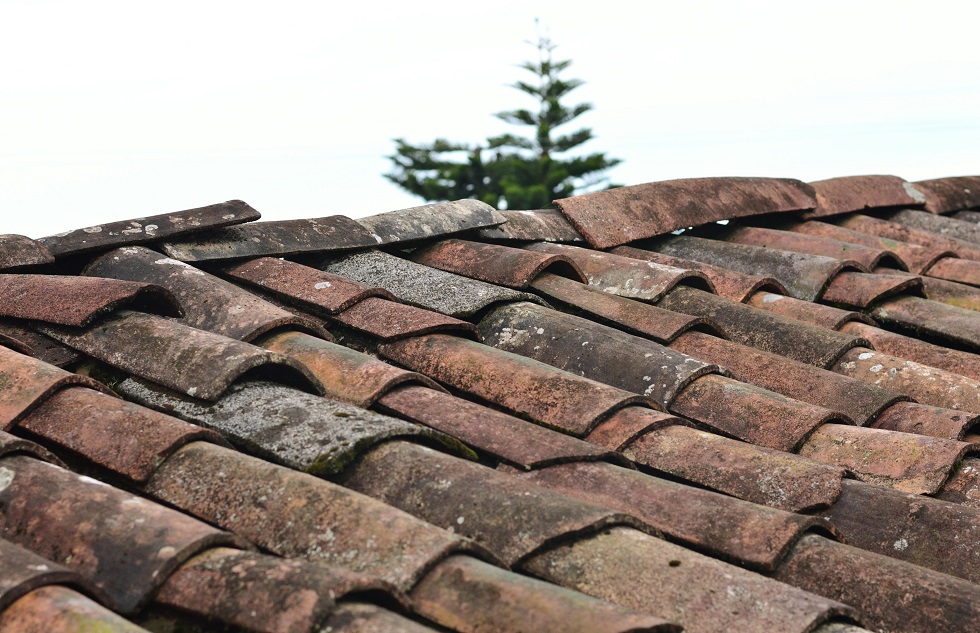
Will My Homeowners Insurance Go Up If I File a Roof Claim?
As homeowners, we all want to protect our property and assets from any unforeseen damages. This is why we invest in homeowners insurance policies that cover a wide range of damages, including roof damage. However, many of us are hesitant to file a roof claim because...

Condo Property Insurance Claims in Florida
Condo property insurance claims can be a complicated process, especially in Florida. With its location on the Atlantic and the Gulf of Mexico, Florida is prone to extreme weather events such as hurricanes, which can cause significant damage to condominiums. As a...

Renters Insurance For Florida Hurricane Coverage
Learn about the ways that renters insurance can help protect you after hurricane damage Renters insurance is a type of insurance policy that covers the personal property and liability of a renter. It can provide peace of mind in the event of a disaster, such as a...
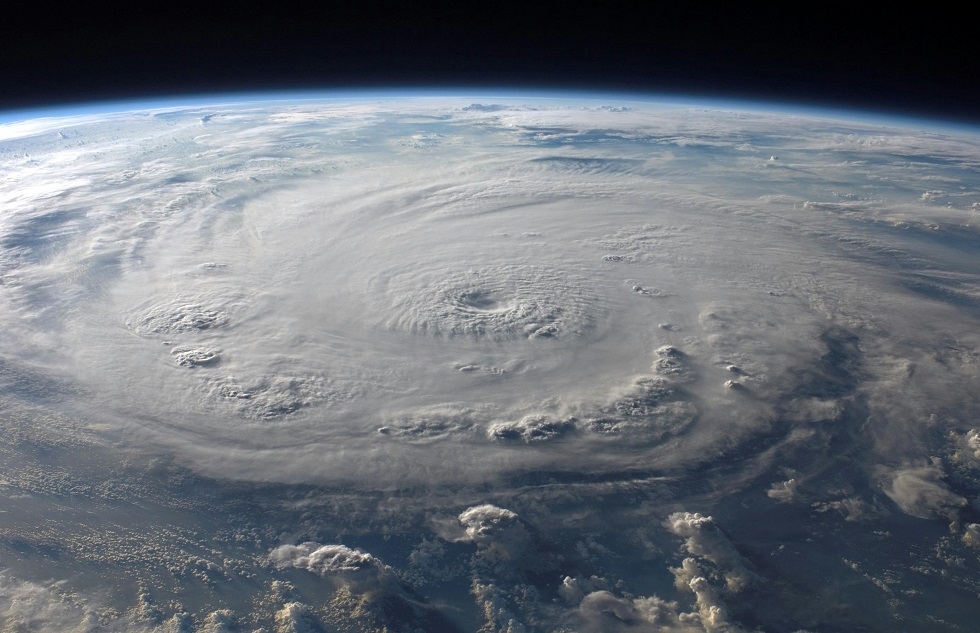
When Is Hurricane Season 2024 Florida?
Learn about the 2024 Florida Hurricane Season, including when it takes place, how bad it may be, and how to prepare The Atlantic hurricane season is a yearly occurrence that affects the East Coast of the United States, particularly Florida. The 2024 hurricane season...




